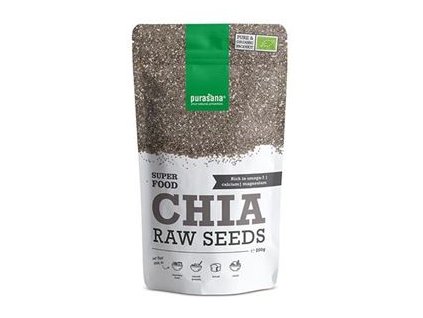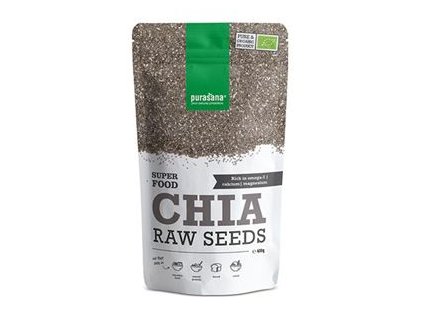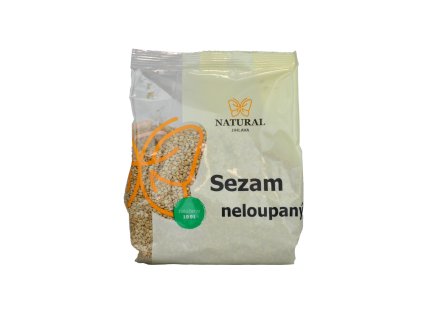Flax-seed
Related products
Product detailed description
The use of flaxseed dates back to 7,000 BC. Flax originates from the Mediterranean region to Southeast Asia. It is a very important annual crop, grown for both seed and fiber.
Using flaxseed in its whole form supports and facilitates digestion and is used in weight control. It has a positive effect on menopausal comfort, breast and prostate function.
Given that fish (especially sea fish) is not commonly consumed in our country to such an extent that we fully cover the need for certain substances, and given the possible contamination of sea fish with mercury and heavy metals, flaxseed is a safe and suitable alternative for vegetarians and vegans.
The provisions of Regulation (EC) No. 1924/2006 of the European Parliament and of the Council, on nutrition and health claims, do not allow us to inform you about other positive effects of this plant on your body. Please find information about its effects in freely available sources on the Internet or in literature.
It is advisable to grind or crush it, or bite it well before use. Flaxseed can be consumed alone or in salads and the like. It does not need to be cooked. It has an excellent nutty flavor.
Traditional use: Brew two teaspoons of seeds with 250 ml of boiling water, let it rest for 30 minutes, then strain. Use 3 times a day. The seeds are suitable as an ingredient in baking mixes, as a sprinkle or in salads. Of course, it can be consumed separately.
Nutritional values:
| Nutritional values per 100 g | |
| Energy value | 2,236 kJ/534 kcal |
| Protein | 18.29 g |
| Fats | 42.16 g |
| - of which saturated fatty acids | 3.66 g |
| Carbohydrates | 28.88 g |
| - of which fiber | 27.3 g |
| - of which sugars | 1.55 g |
| Sodium | 30 mg |
Raw material for the preparation of herbal tea - infusion
Additional parameters
| Category: | For consumption |
|---|
Be the first who will post an article to this item!

























